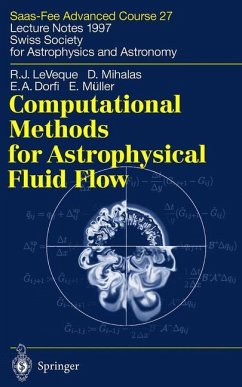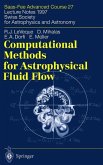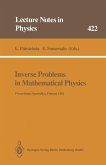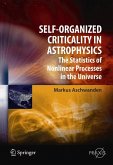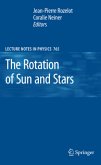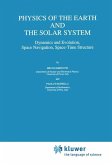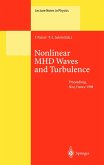Four lectures lead the reader from basic numerical methods for solving hyperbolic partial differential equations to the application of complex simulation codes to selected astrophysical problems. The text highlights the powerful capabilities, the use, and the pitfalls of computational astrophysics. Difficult topics pertaining to astrophysical problem solving, such as gravitation, magnetic fields, reactive flow, and relativity, are addressed. Two lectures are devoted to radiation hydrodynamics. They treat the derivation of the basic equations and numerical methods. This book will be useful to students and researchers in astrophysics and applied mathematics.
This book leads directly to the most modern numerical techniques for compressible fluid flow, with special consideration given to astrophysical applications. Emphasis is put on high-resolution shock-capturing finite-volume schemes based on Riemann solvers. The applications of such schemes, in particular the PPM method, are given and include large-scale simulations of supernova explosions by core collapse and thermonuclear burning and astrophysical jets. Parts two and three treat radiation hydrodynamics. The power of adaptive (moving) grids is demonstrated with a number of stellar-physical simulations showing very crispy shock-front structures. TOC:Nonlinear Conservation Laws and Finite Volume Methods.- Radition Hydrodynamics.- Radiation Hydrodynamics: Numerical Aspects and Applications.- Simulation of Astrophysical Fluid Flow.
This book leads directly to the most modern numerical techniques for compressible fluid flow, with special consideration given to astrophysical applications. Emphasis is put on high-resolution shock-capturing finite-volume schemes based on Riemann solvers. The applications of such schemes, in particular the PPM method, are given and include large-scale simulations of supernova explosions by core collapse and thermonuclear burning and astrophysical jets. Parts two and three treat radiation hydrodynamics. The power of adaptive (moving) grids is demonstrated with a number of stellar-physical simulations showing very crispy shock-front structures. TOC:Nonlinear Conservation Laws and Finite Volume Methods.- Radition Hydrodynamics.- Radiation Hydrodynamics: Numerical Aspects and Applications.- Simulation of Astrophysical Fluid Flow.

